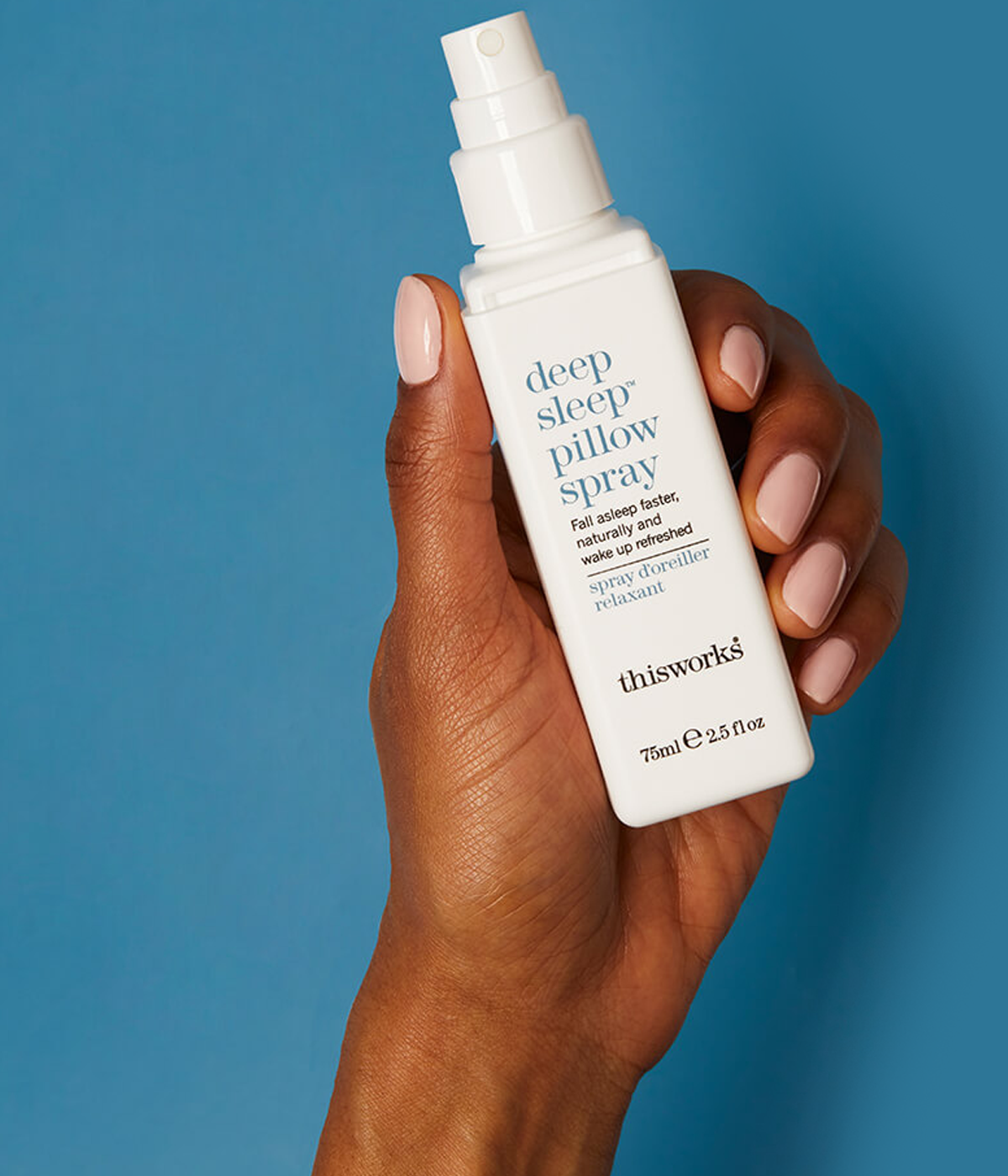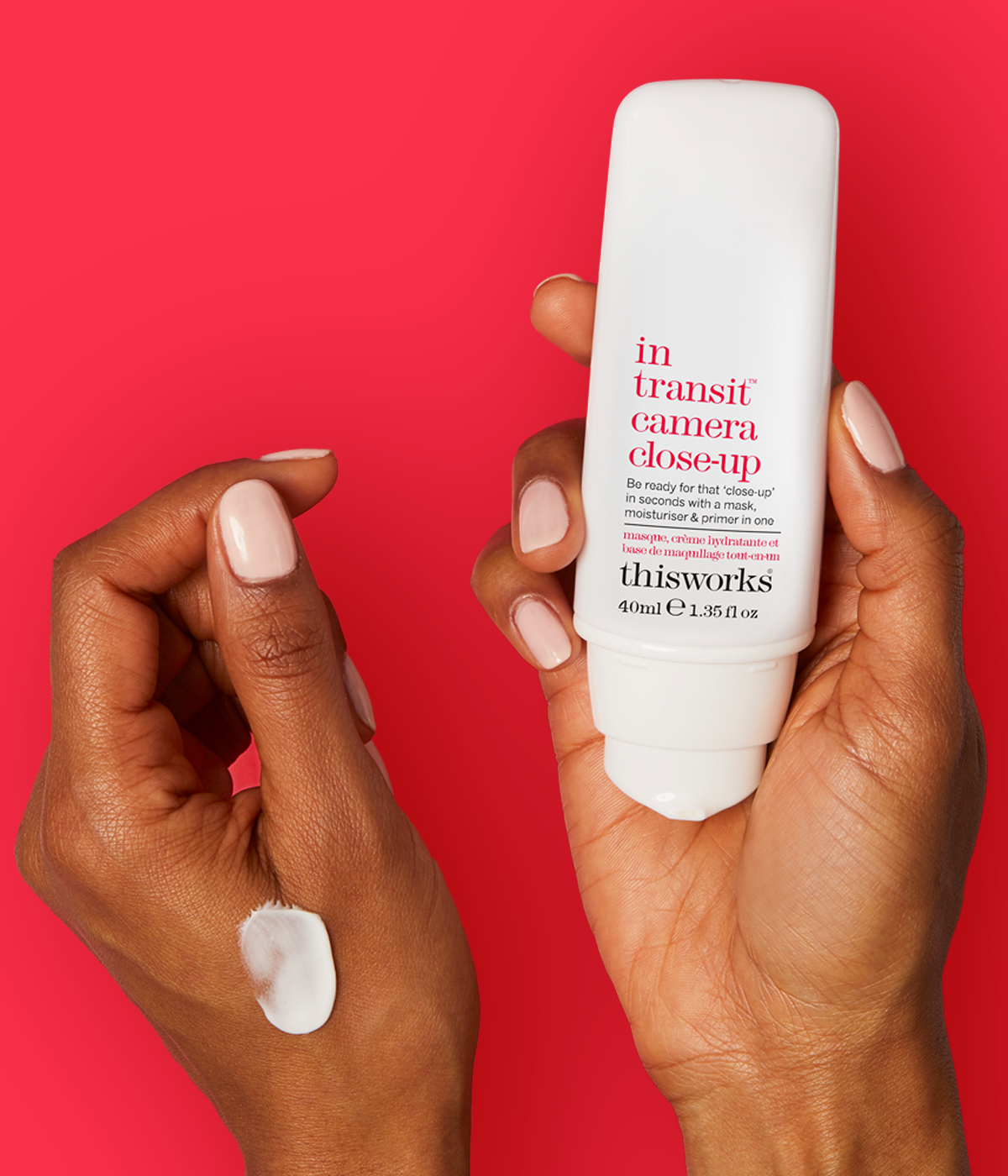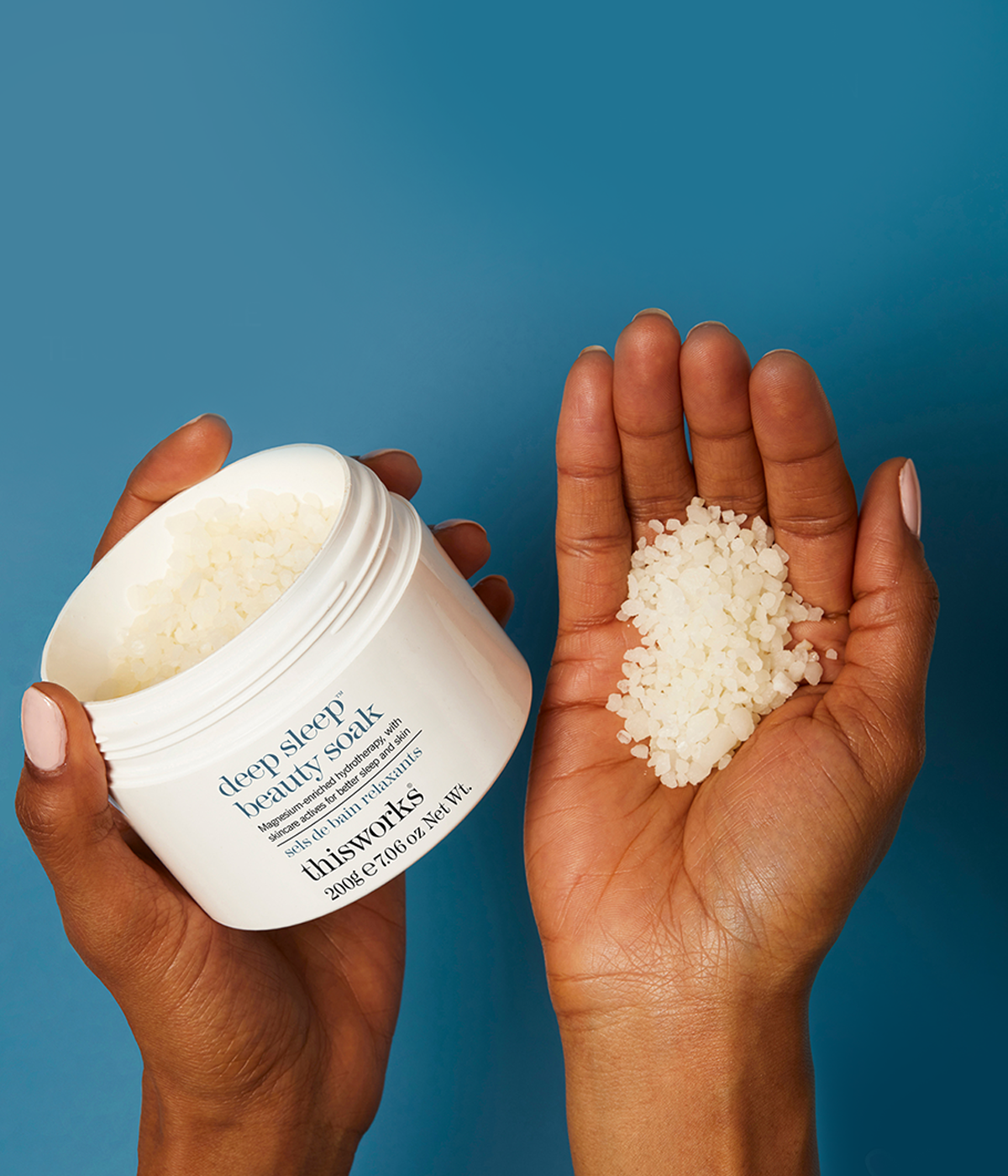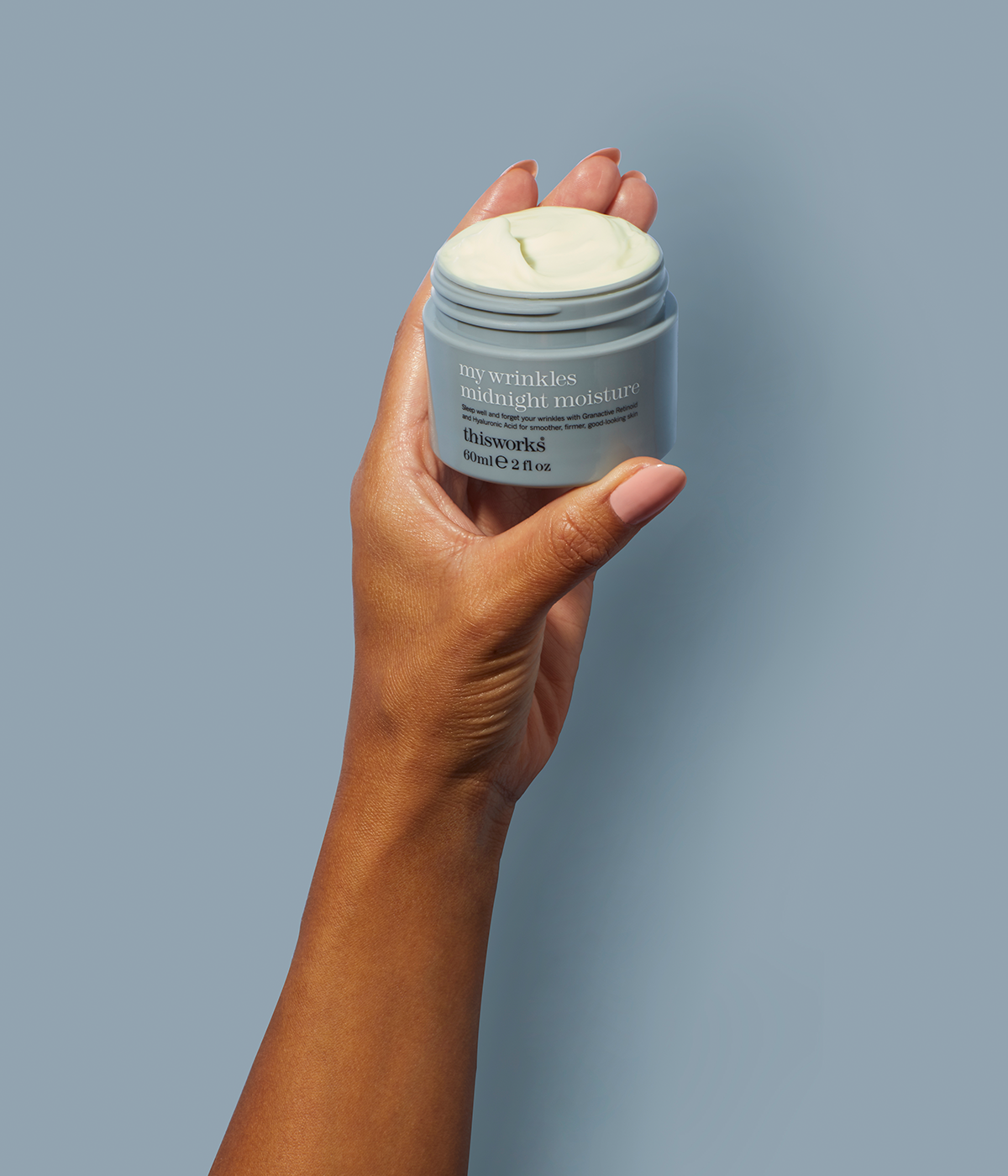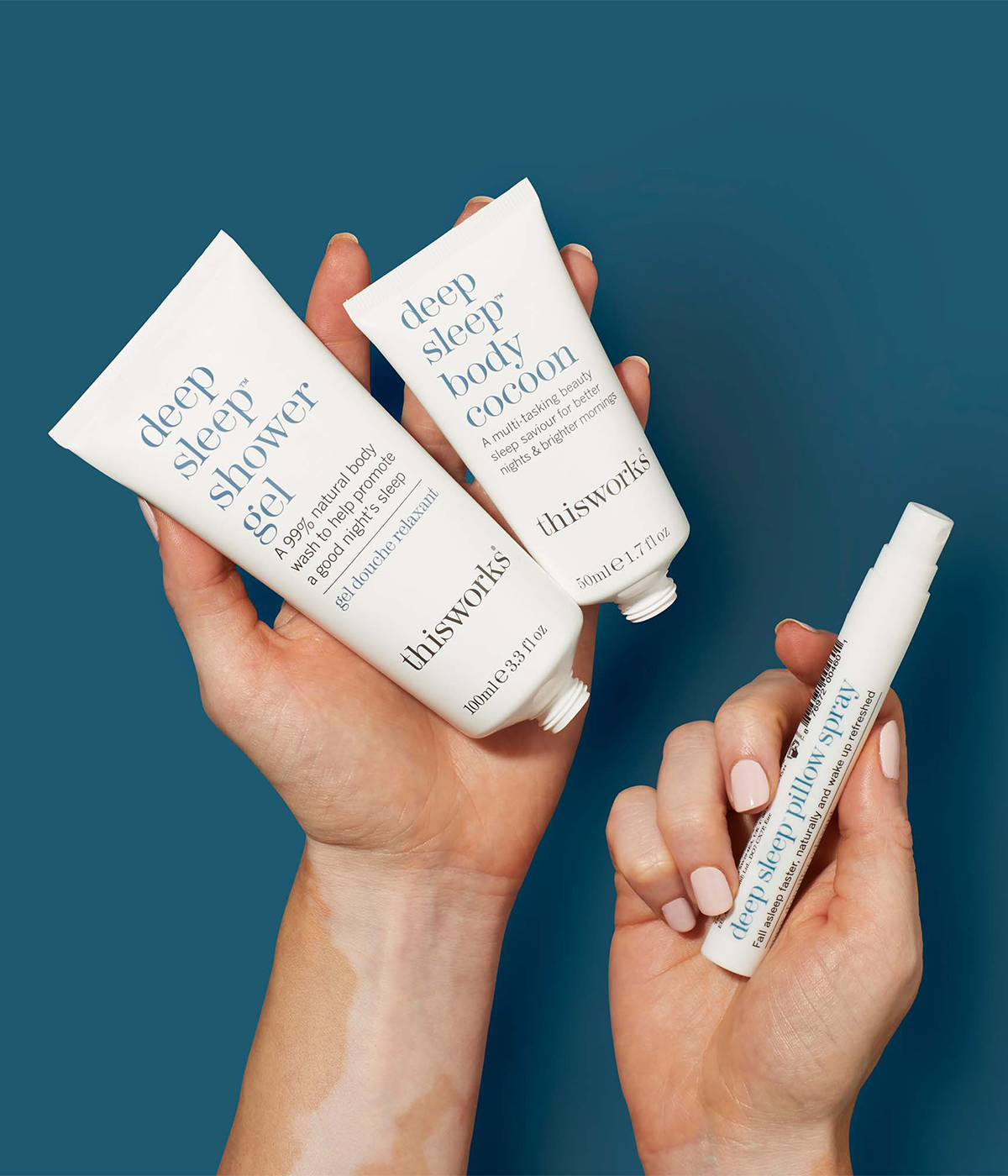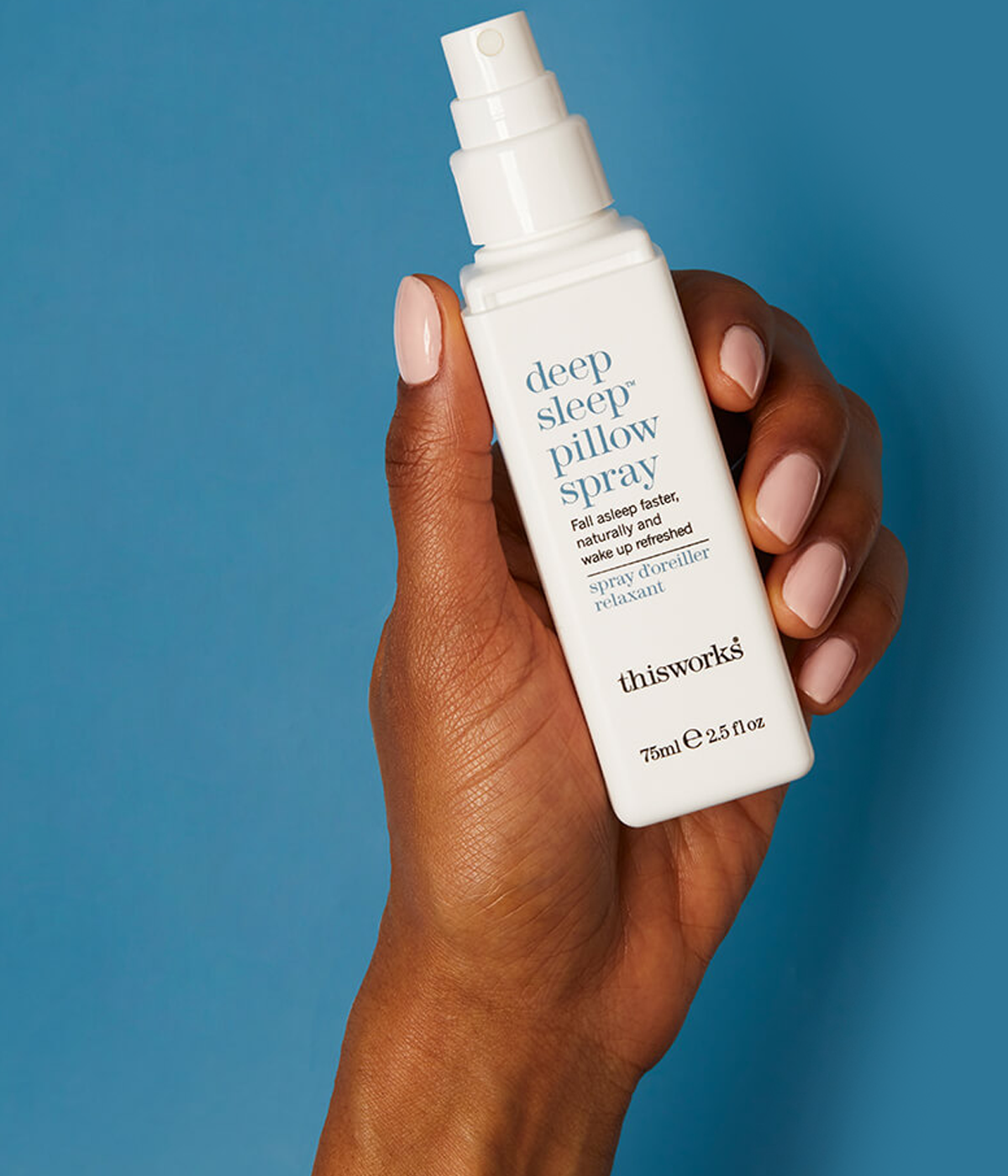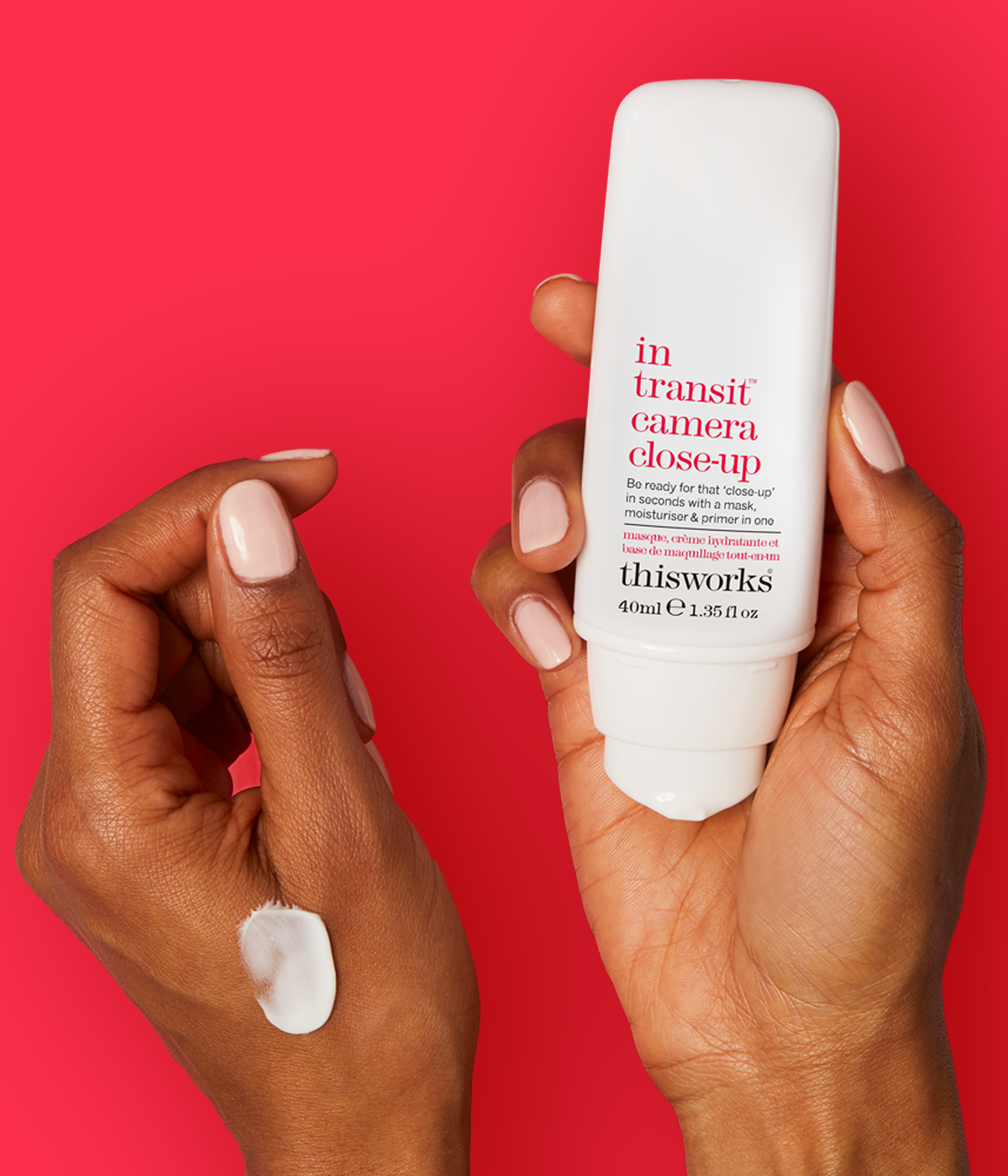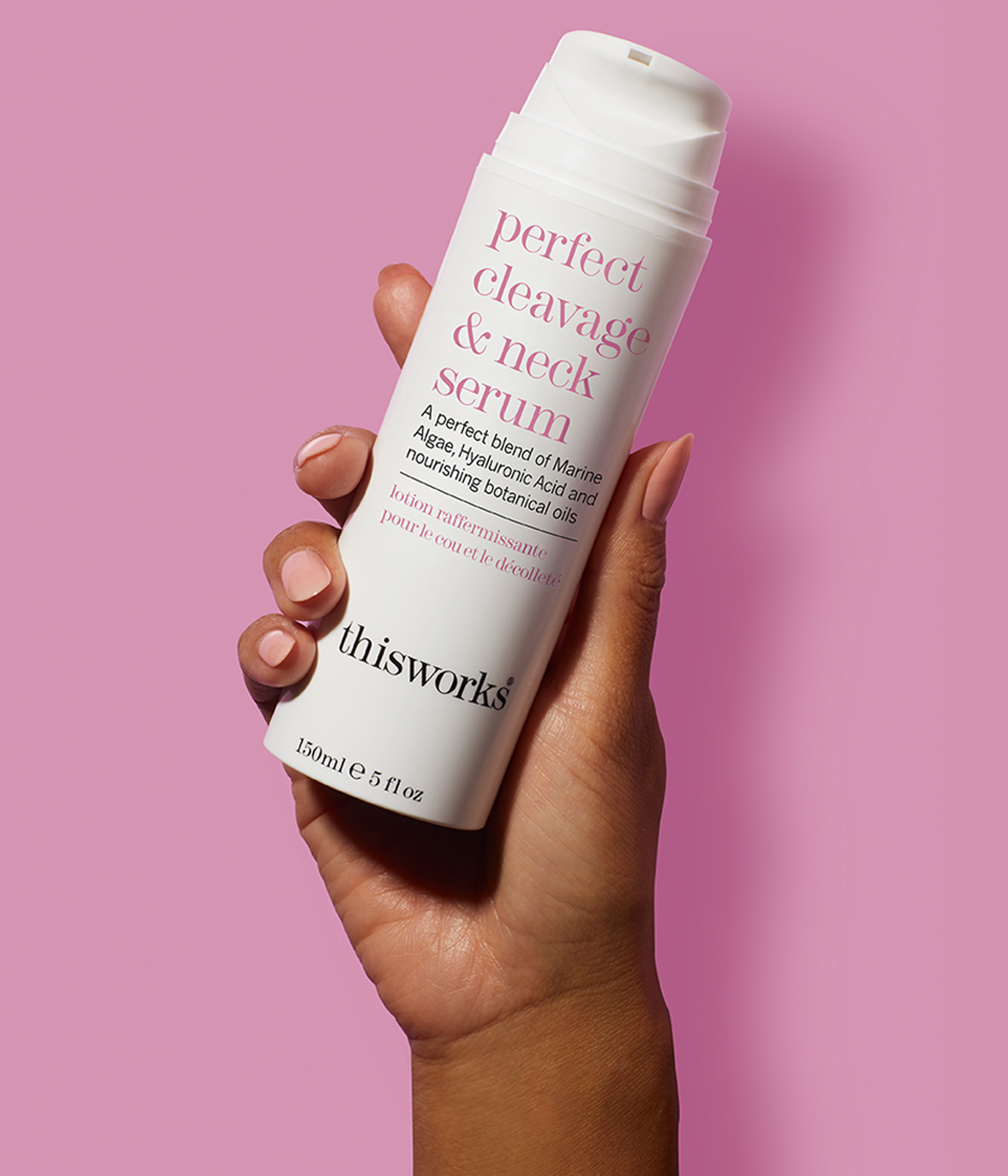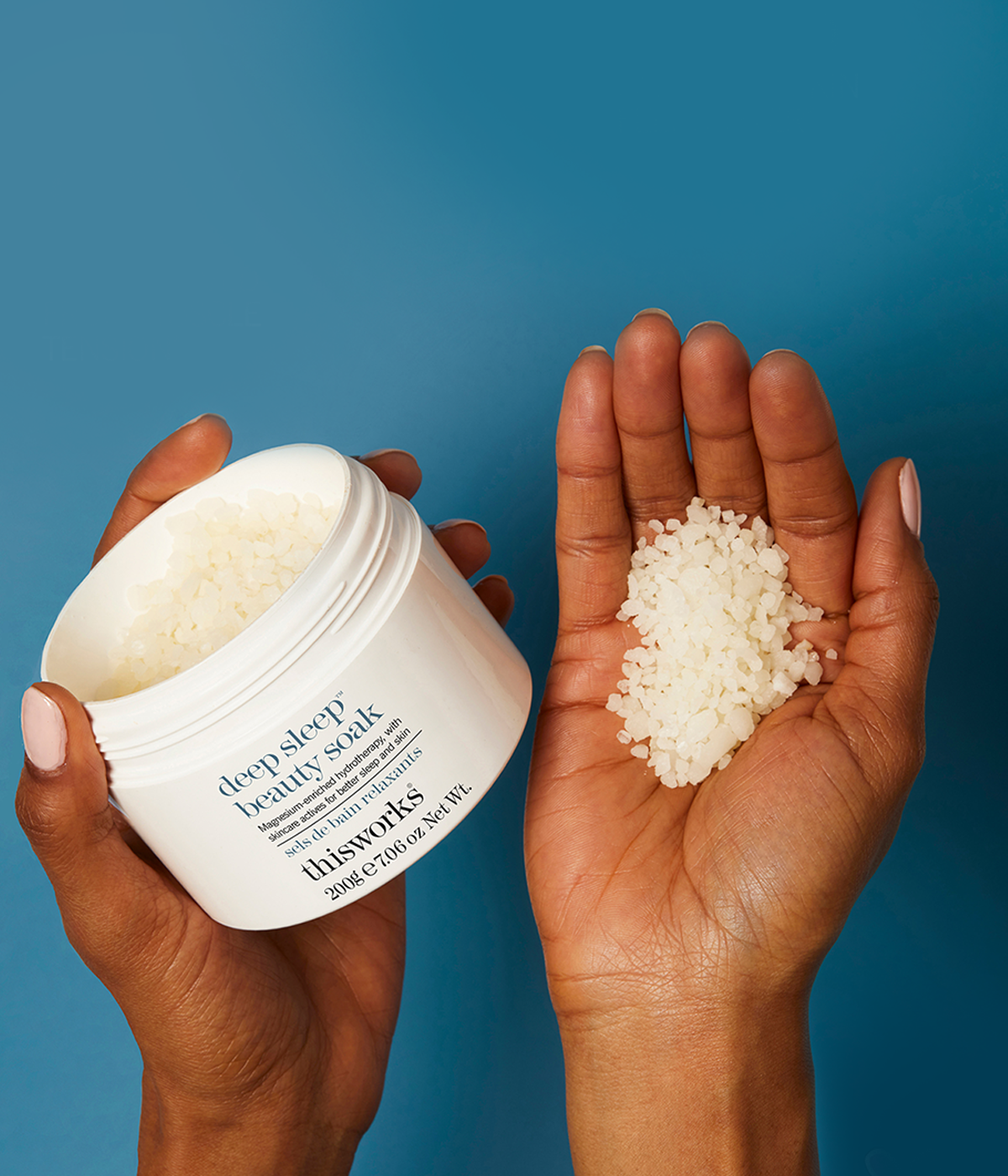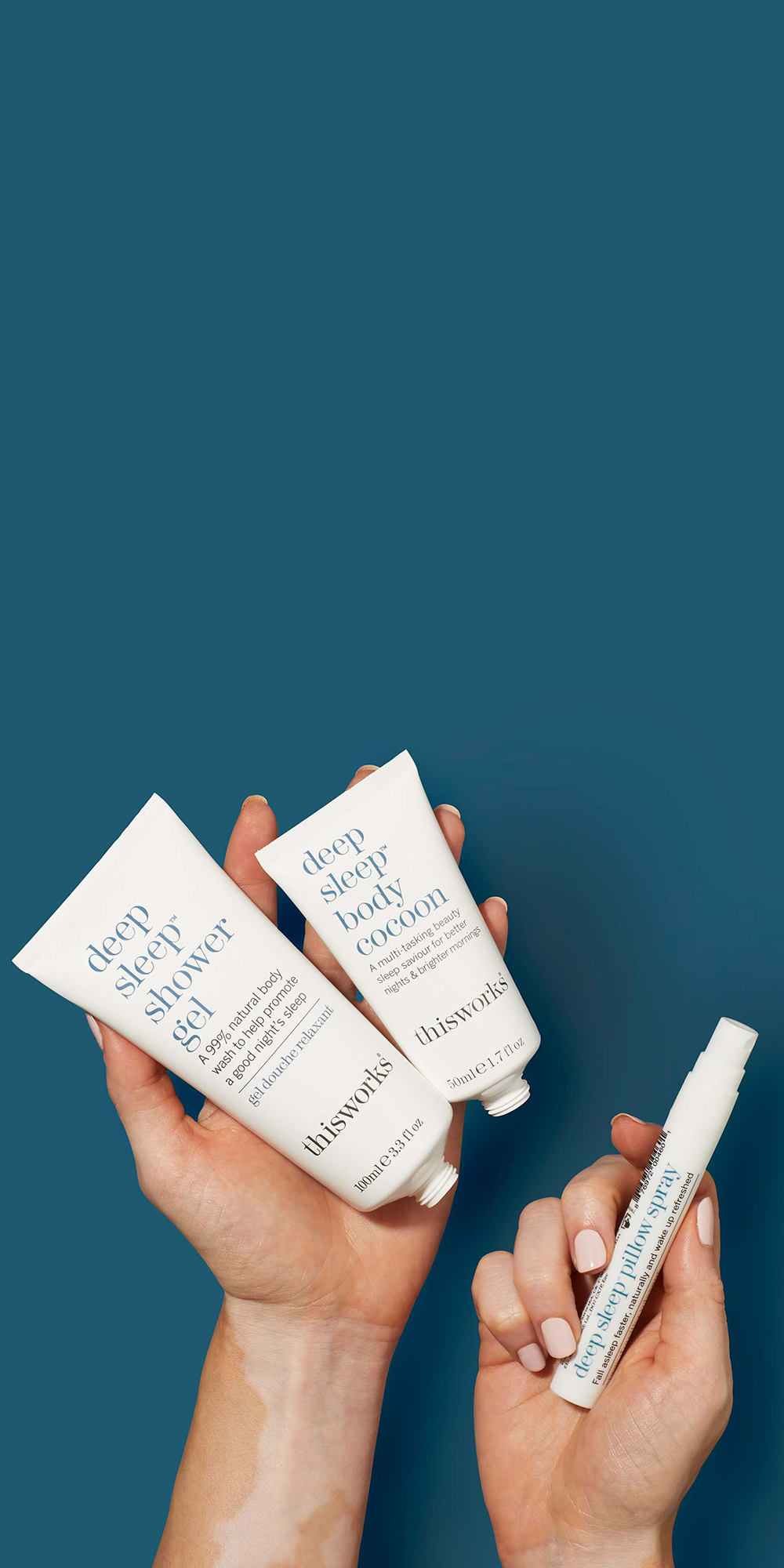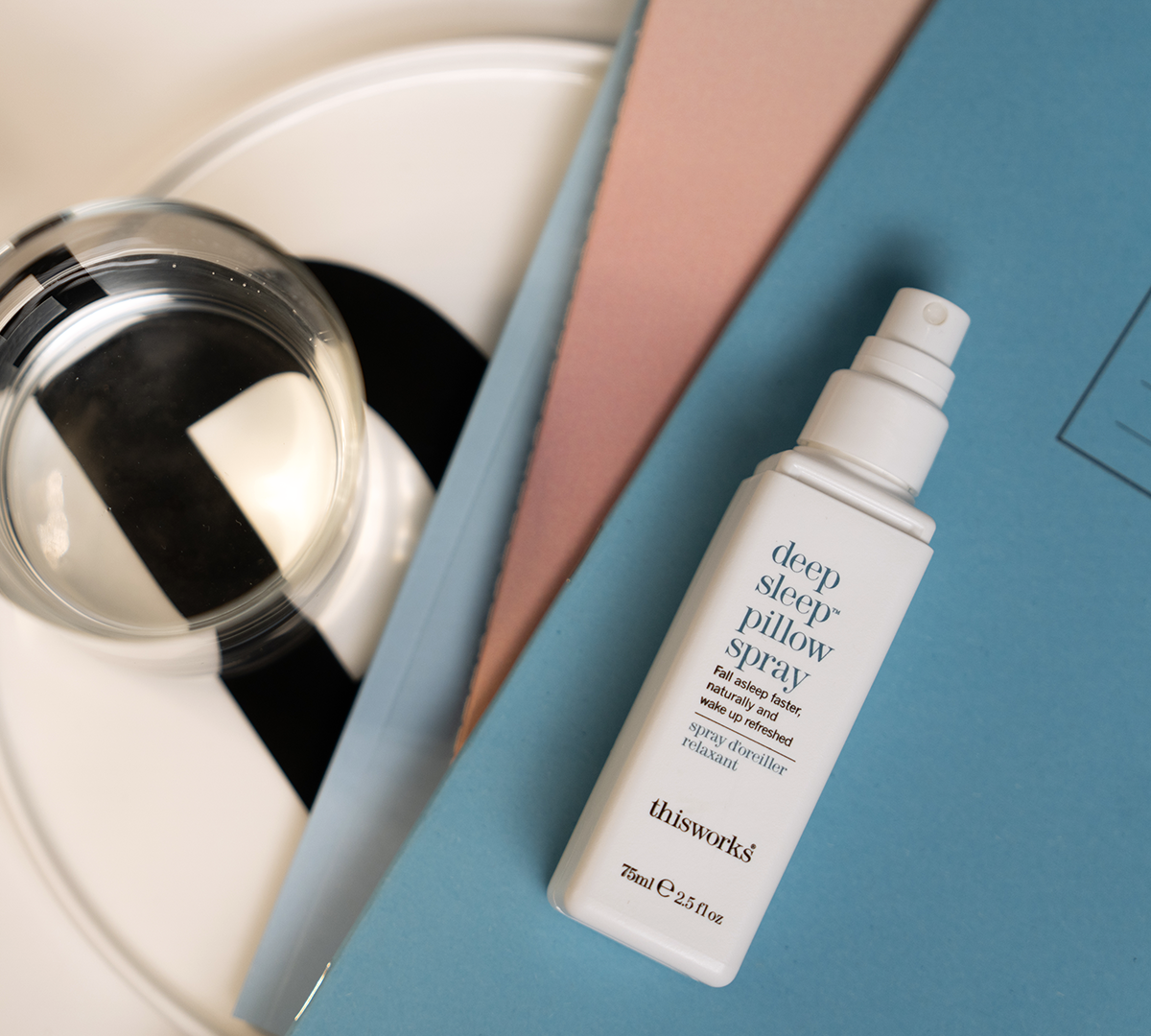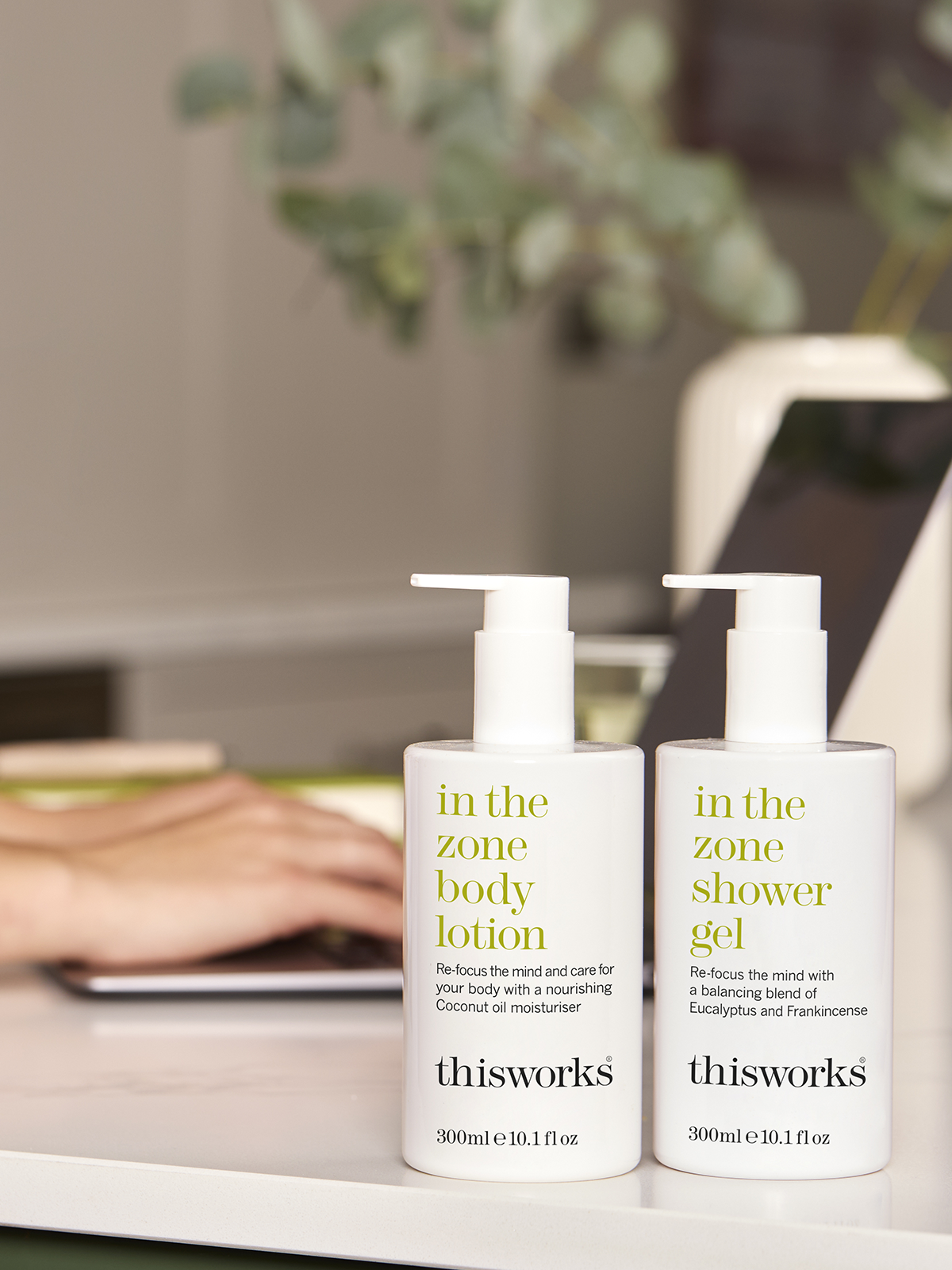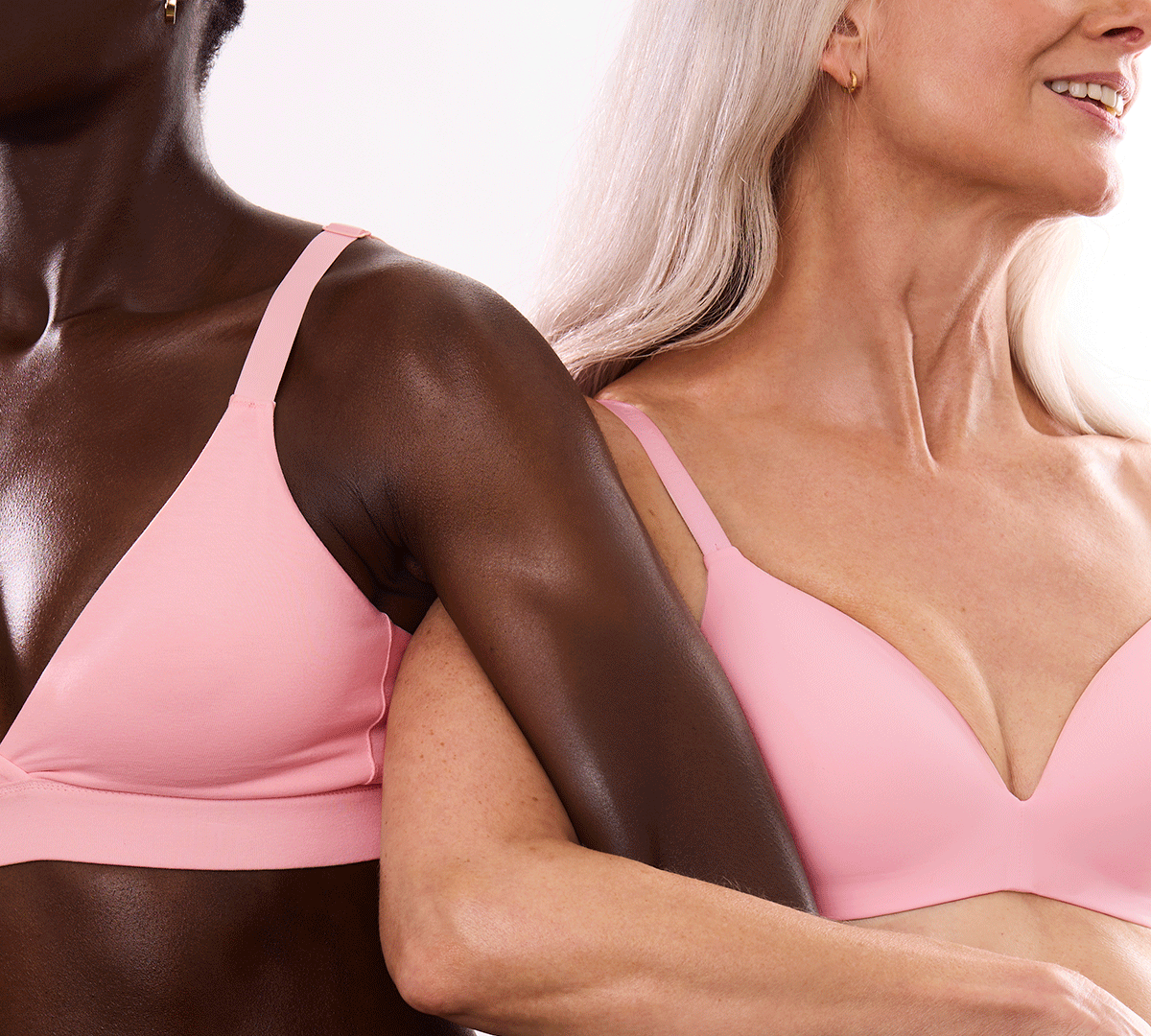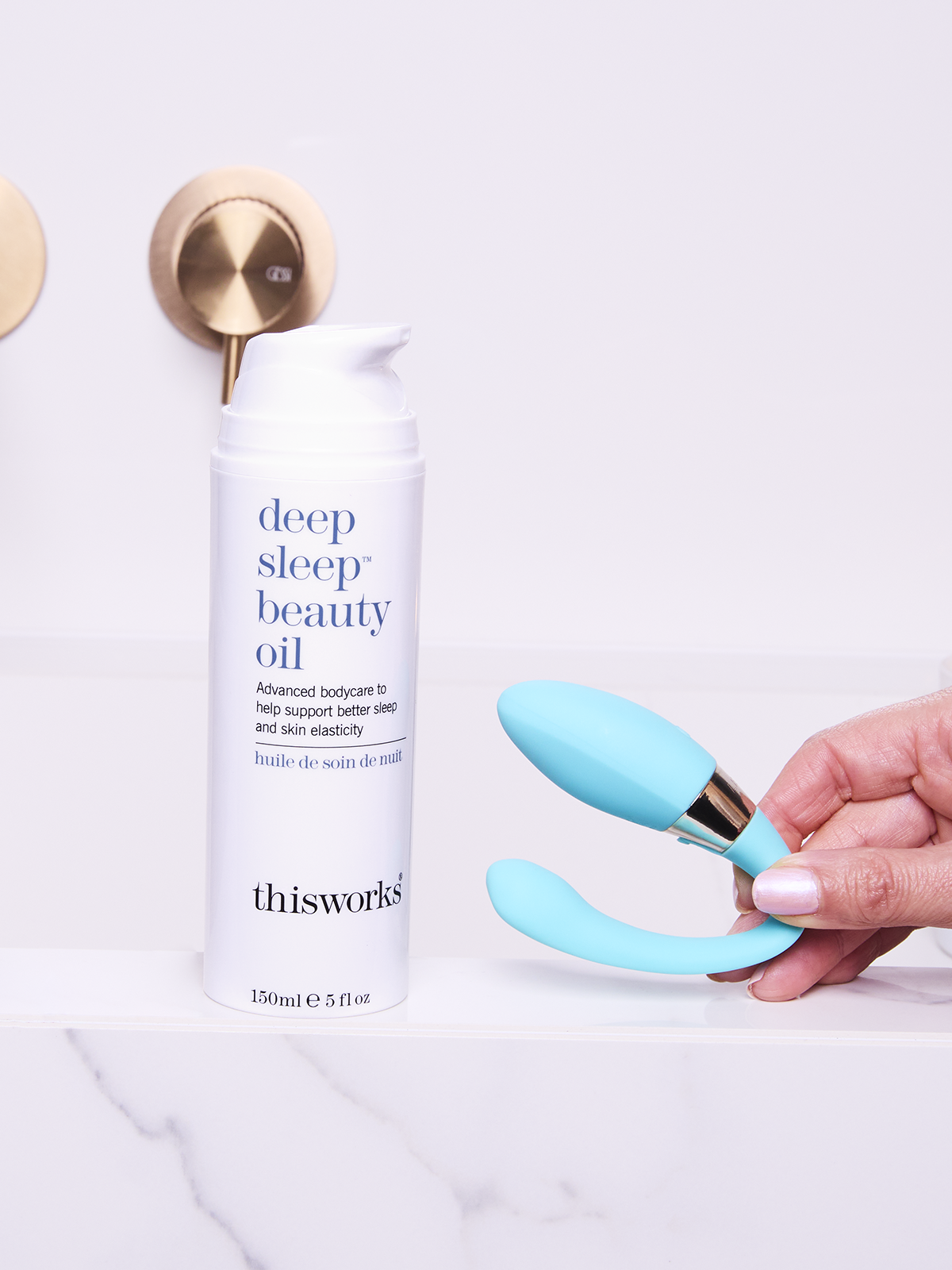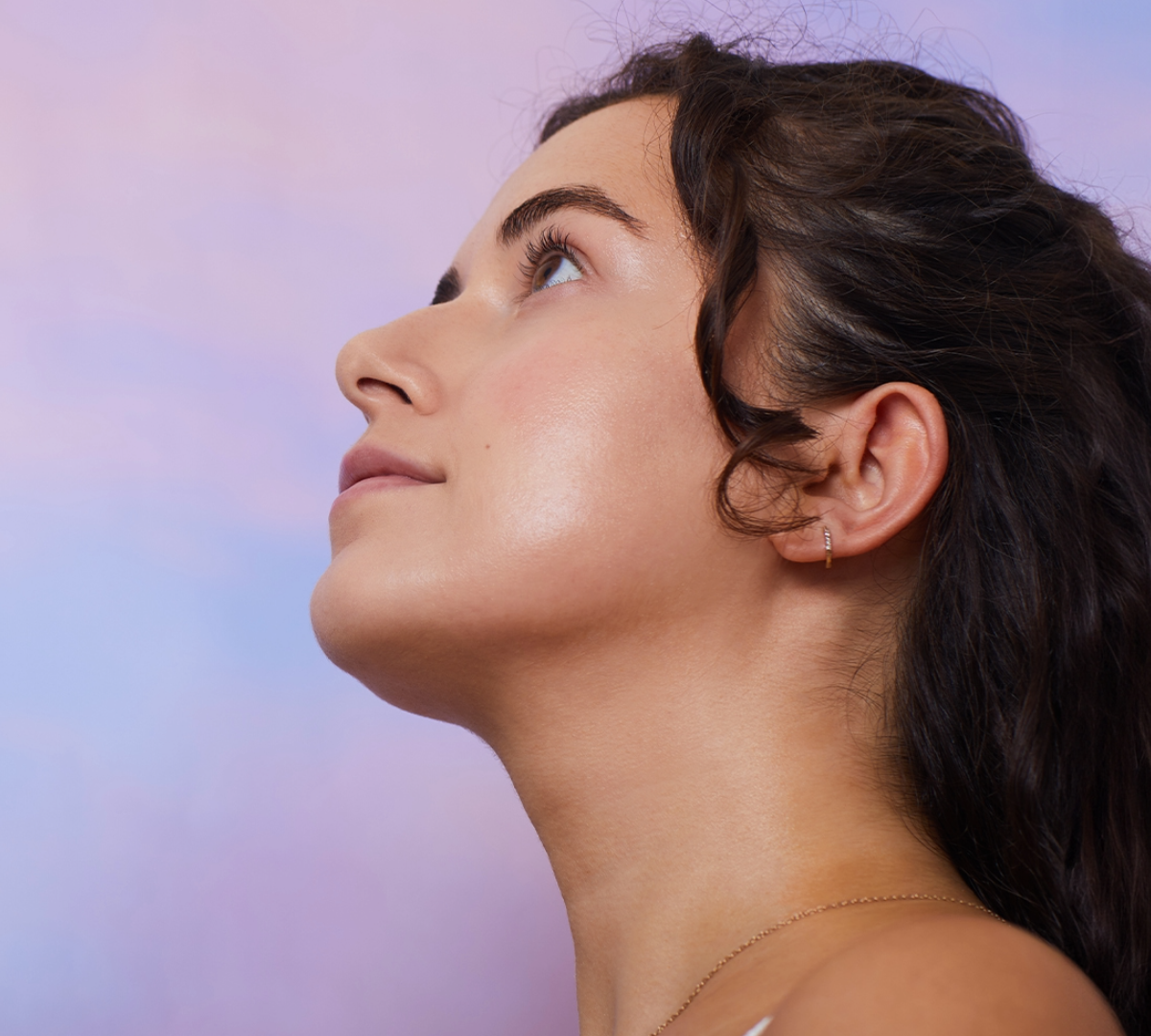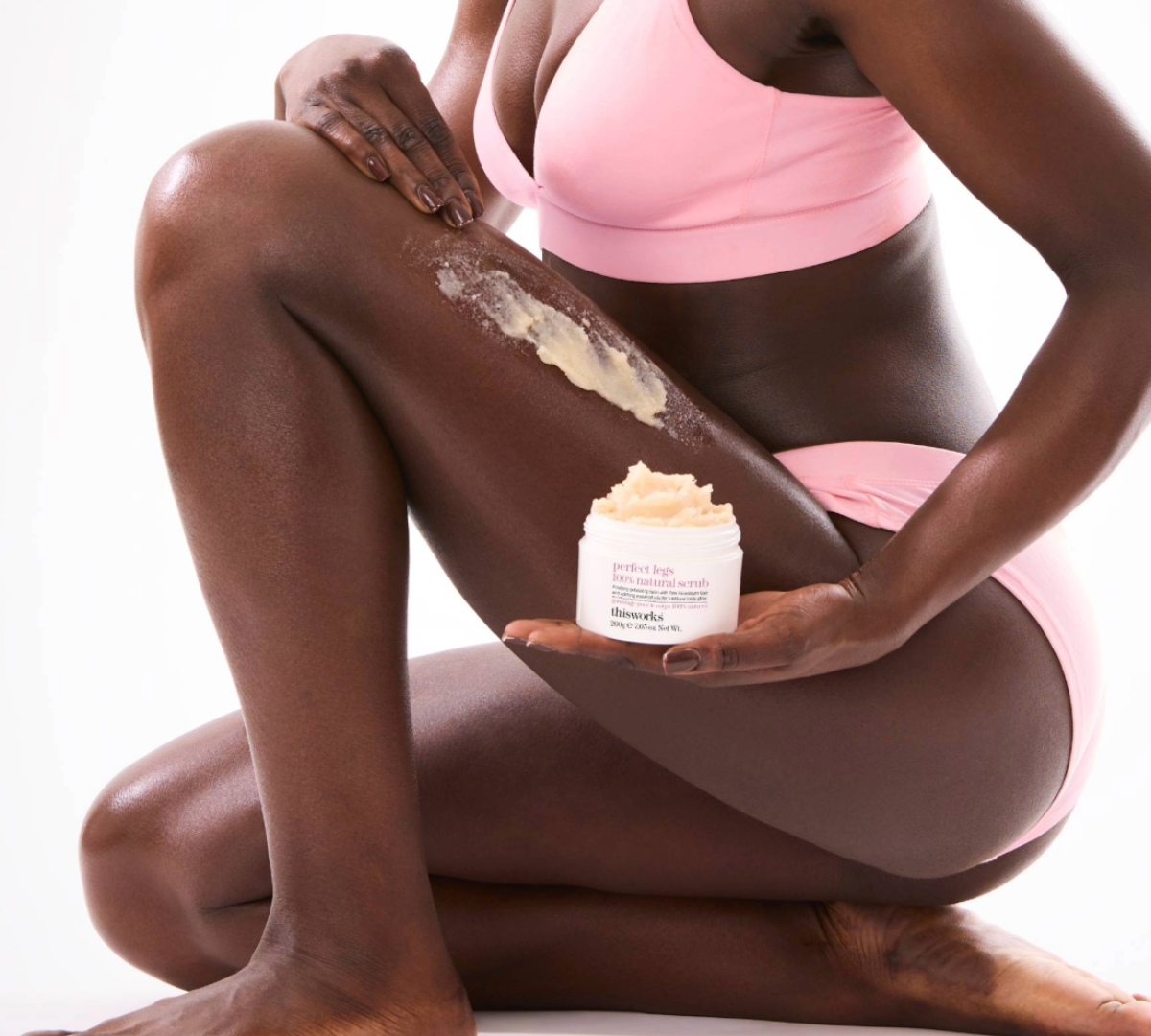the importance of the outdoors
Army Veteran Grenville Chaganis established Outdoor Nation intending to help everyone to benefit from outdoor adventure activities – wherever they live, their abilities and backgrounds.
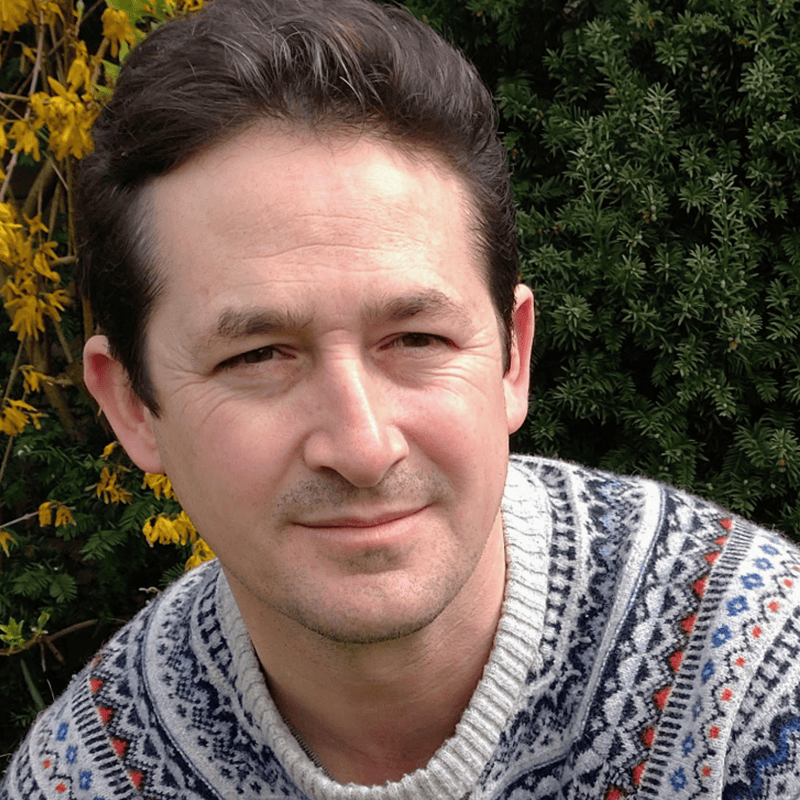
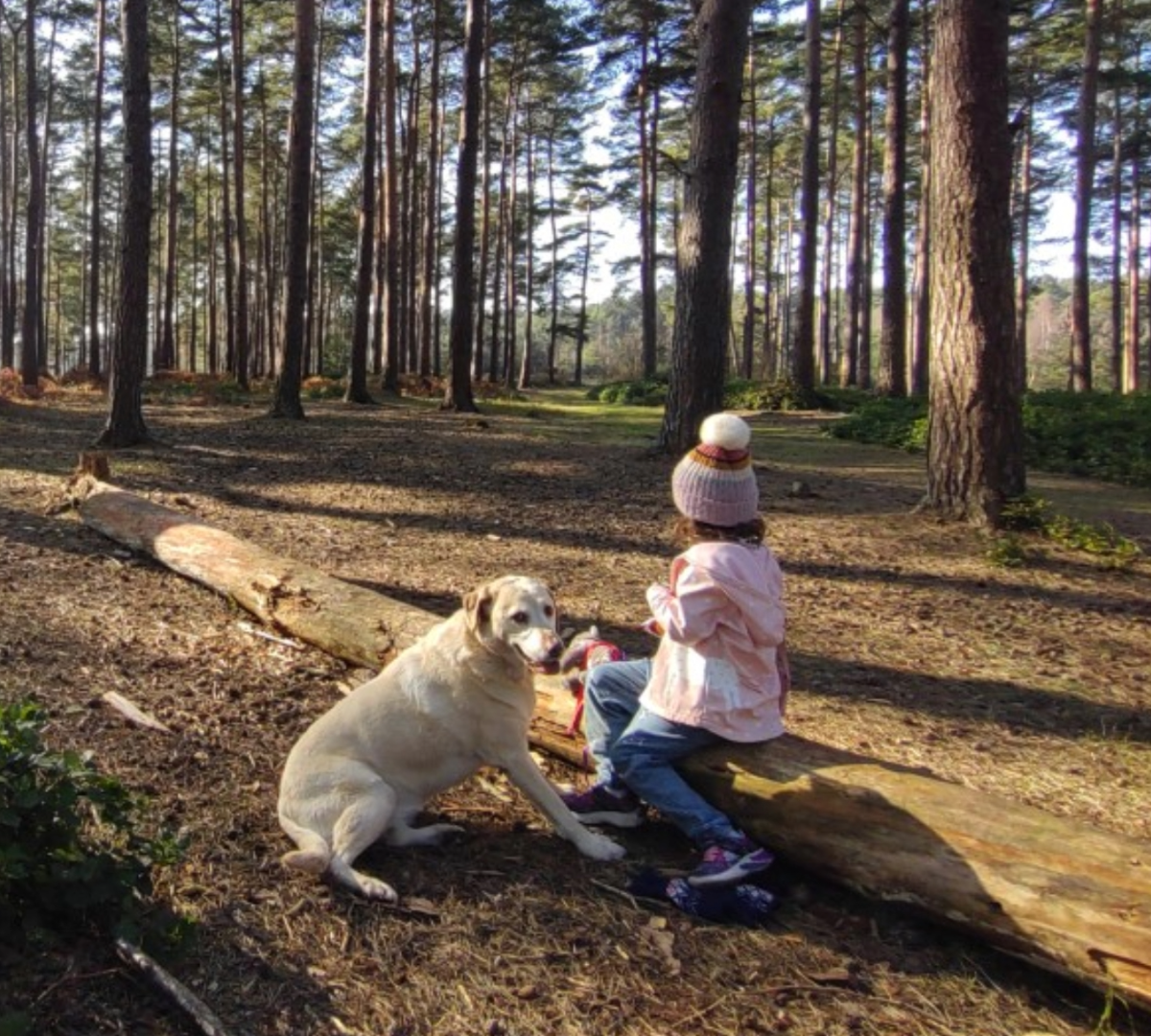
Outdoor Nation was established by Army Veteran Grenville Chaganis, with the aim of helping everyone to benefit from outdoor adventure activities – wherever they live, whatever their abilities and whatever their backgrounds.
Grenville has seen first-hand the positive and lasting impacts that an active outdoor lifestyle can have on people. He passionately believes that adventures in the outdoors are the best tonic for mind, body and soul, and that everyone should be able to benefit from them.
Gone are the days when outdoor adventures were reserved for bearded, gnarled enthusiasts who had committed to a single outdoor discipline from a young age. In fact, for most people, there is greater value in having a breadth of low-level experience, skills and, above all, a bit of confidence! It's so gratifying to be able to say "sure, I'll go walking with you and I know how to read a map and look after myself", and "yes, let's go for a climb and I know how to tie myself in and belay you", and "of course I can join you on the canal for a canoe trip and I'm confident with what I'm doing". None of these things are hard to do to a respectable standard - you just have to give them a go and be willing to learn new skills.
The benefits of being active outdoors are broad and deep, and are a growing area of interest; perhaps the most comprehensive overview of the subject being Belinda Kirk’s new book, Adventure Revolution.[1] Whilst these benefits are many and often interconnected, Grenville loosely puts them into the 3 categories of wellbeing, improved resilience and the environment:
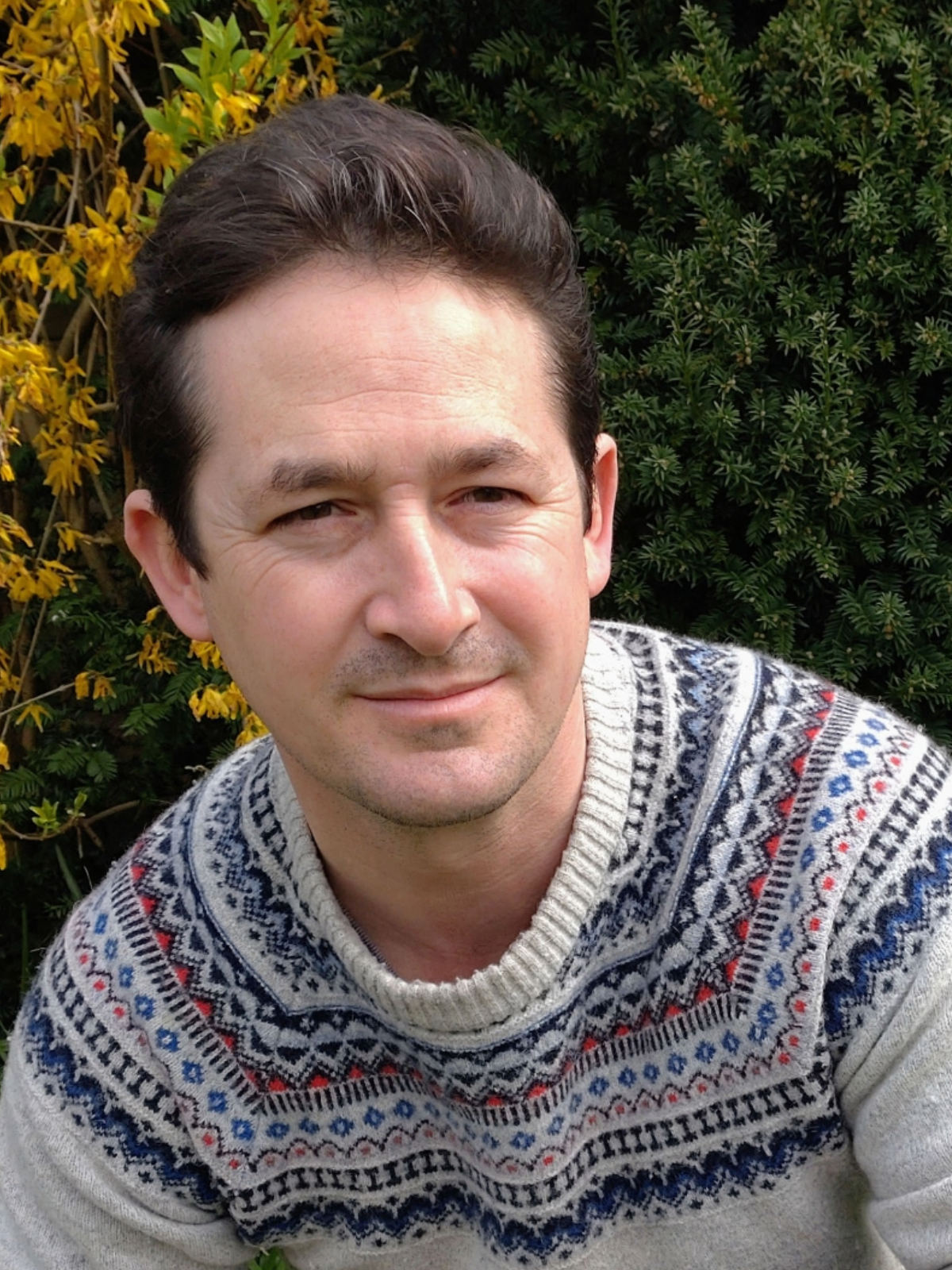
As a society, we have become too used to trying to being comfortable and to striving for a routine that we know we can deal with. When things change, we are increasingly prone to stress and our mental health is suffering as a result. We are losing our resilience – our ability to accept uncertainty and to know that we can deal with it, and this is affecting our day-to-day lives.
There are few better ways to improve our resilience than through adventure. In fact, the very nature of adventure is that it is uncertain and that it has a degree of perceived risk – it is supposed to take you out of your ‘comfort zone’. This isn’t to say that we need to be scaling mountains or steering down grade 5 rapids; we all have our own ‘stretch zone’! It might simply be going for a walk in an unfamiliar place, or getting on a paddle board for the first time, or riding a bike on a bumpy track. It really doesn’t matter, as long as we continue to demonstrate to ourselves that we can deal with things that are unfamiliar. The more we do, the more confident we become in ourselves, and the more resilient we are in our daily lives. Belinda Kirk refers to this as the ‘Adventure Effect’. The Outward Bound programme was started on this basis, intended to develop resilience in young men destined for the Merchant Navy, with a view to enhancing their ability to overcome adversity.[2] The Duke of Edinburgh Award Scheme, Army Adventurous Training and many other programmes followed suit, and all survive to this day. Countless studies and interventions continue to show that outdoor adventure equips us with the tools we need to be better at our jobs, better students, better parents and, ultimately, better people.[3,4,5]
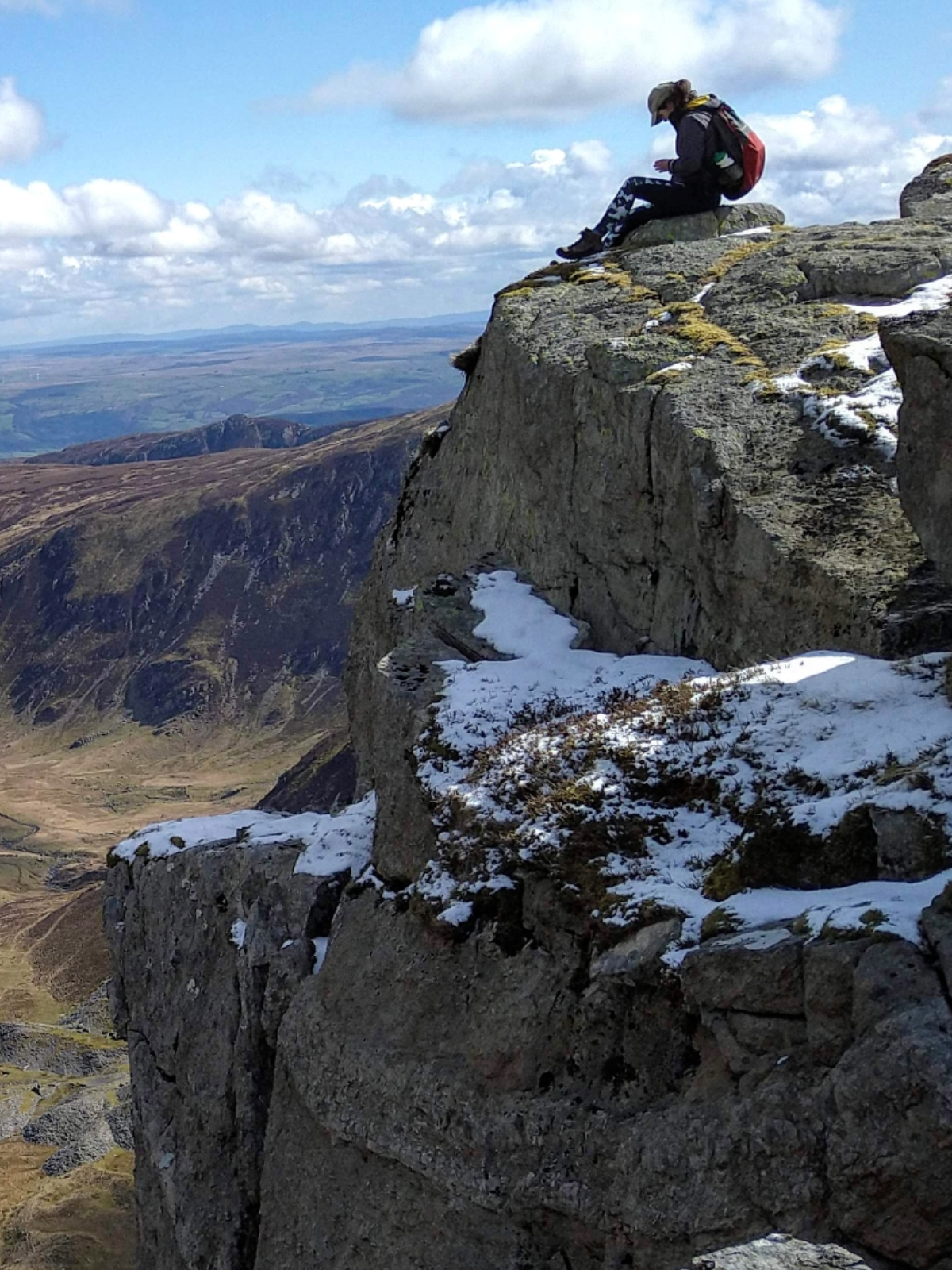
We all know that physical activity is good for us. The UK's Chief Medical Officers have gone as far as saying that "If physical activity were a drug, we would refer to it as a miracle cure, due to the great many illnesses it can prevent and help treat.”[6] Of course, you can get more active anywhere - in your front room, at the gym and on the way to your work or to school or the shops. In fact, being a little more active in all these places adds up to being a lot more active overall.
A growing body of evidence shows that being active in nature brings a really positive extra dimension to an active lifestyle. Most importantly, it is generally more fun and more sociable, so when we start, we are more likely to want to keep doing it. But in addition to helping motivate us to be active, there is also what is known as the ‘Nature Effect’. Countless studies continue to show that exposure to sunlight and fresh air, reduced screen time, more social interaction, and more regular immersion in nature all have a positive impact on our physical and mental wellbeing. Science is showing that it can help reduce blood pressure and stress, as well as limiting the effects of diabetes and dementia, - one study shows it can even make us nicer people![7,8] And the list goes on. So, if you need more exercise in your life, do it outdoors if you can.
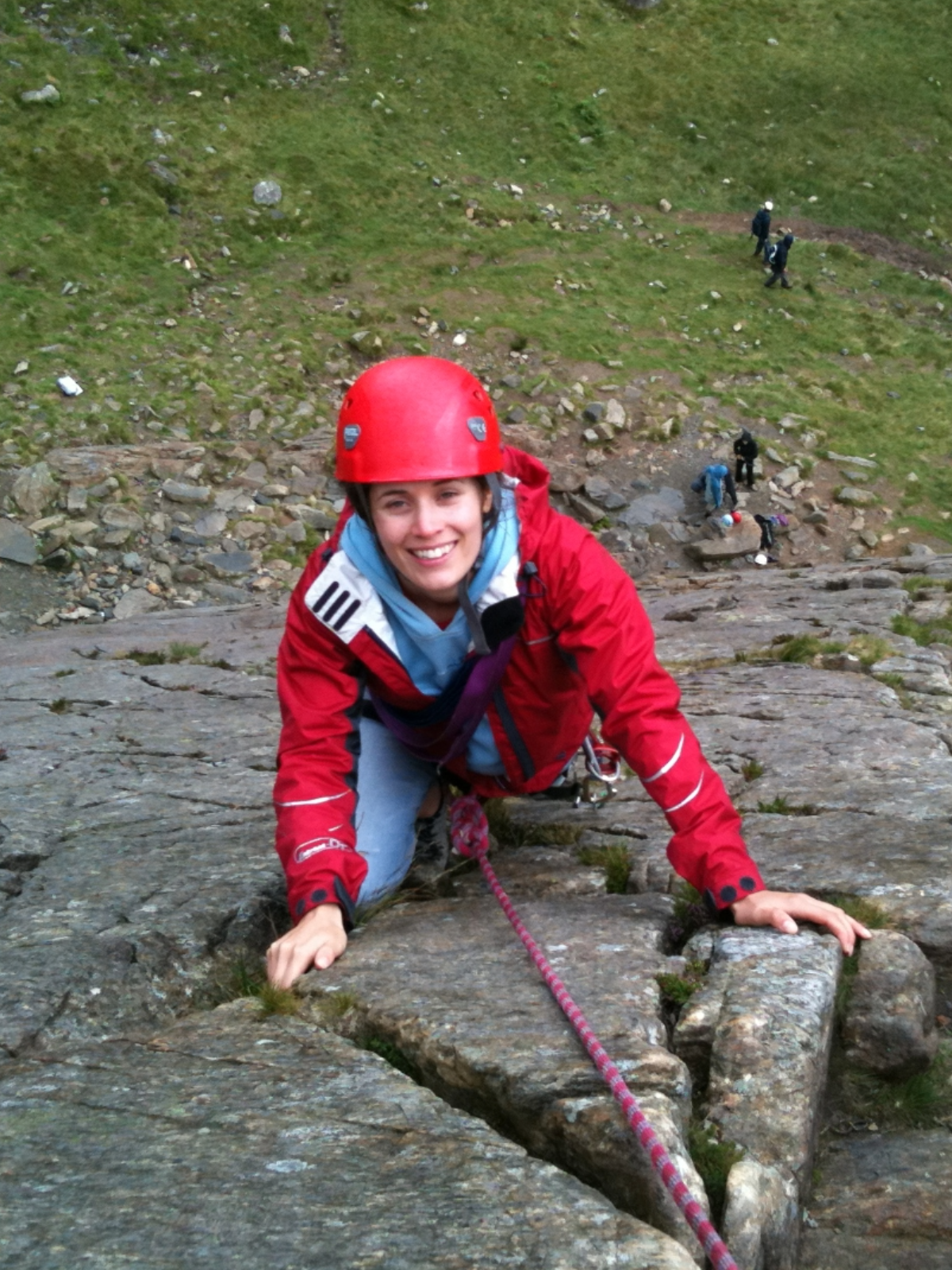
Being active outdoors is not just about us. Our environment needs us to take an interest in it more than ever. Dealing with global warming and the biodiversity crisis relies on us all learning about, caring for and, ultimately, acting on nature’s behalf. This can be difficult to do if we don’t appreciate or understand what we have – and what we might lose.
There is no better way to bring the environment and nature to the forefront of our minds than by immersing ourselves in it – this is particularly important for our children. The last few years have, if nothing else, provided an opportunity to refamiliarise ourselves with nature – getting out for a local walk, run or bike ride was about the only thing we were allowed to do at one point; and we all relished in it. We are lucky to have amazing wild places around every corner, and adventure gives us a great excuse to get out and actively explore them, on foot, on wheels and on the water.
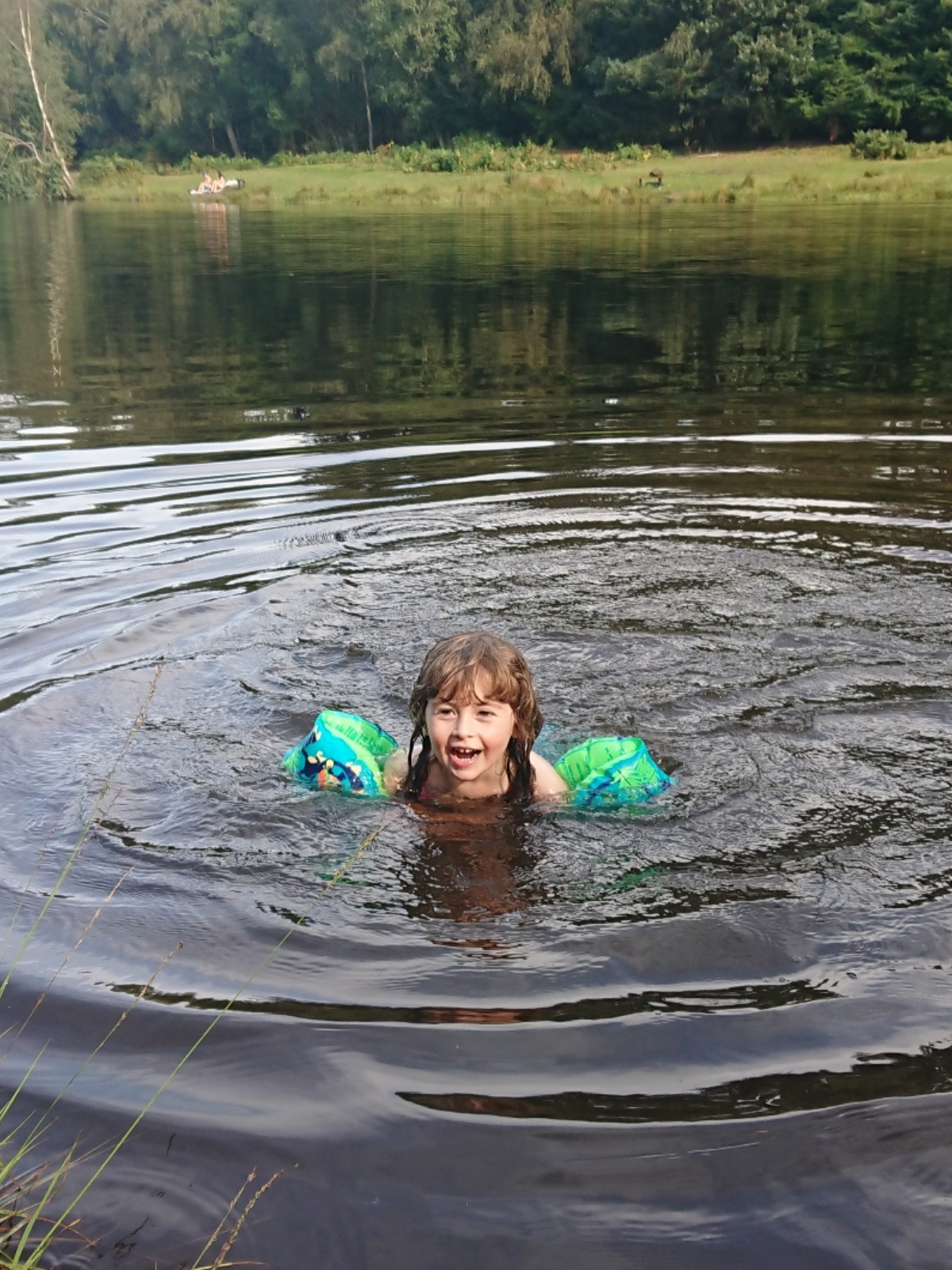
Given all these benefits, you may wonder why we are not all active outdoors more regularly? Well, we could blame the weather, as we often do! We could also say we're too busy, or that these kinds of activities are beyond our abilities and not for us. But, most often, we are simply unaware of what there is to do nearby and perhaps unsure, even nervous, about trying something new.
The great news is that there are adventures to be had everywhere that suit all abilities and budgets. Most are free and easy to try yourself. But for those who need it, support is always close at hand, from hiring a bike, to signing up to a paddleboard or climbing lesson, to joining a local walking or outdoor swimming group. There are also plenty of places that provide excellent support to people who have special needs and accessibility concerns.
The first step is to be curious and open-minded. Find out what adventures nature has on offer near where you live. Our waterways, lakes, coasts, forests, hills, nature reserves and parks are all crying out to be visited and explored.
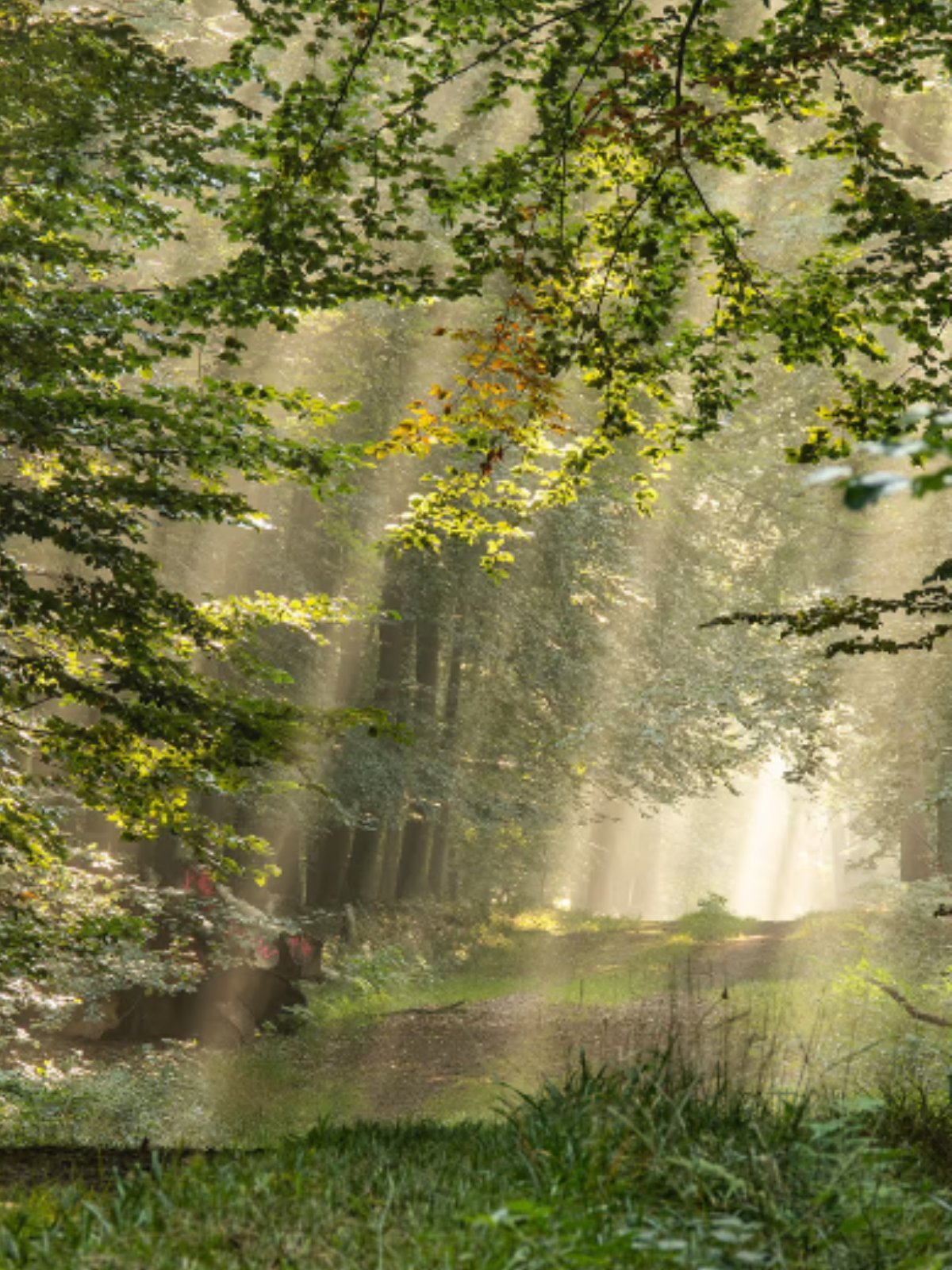
Start easy, doing something local with friends and family that you’re comfortable with. Walking or easy cycling are the obvious choices. If you’re trying paddling, climbing or outdoor swimming for the first time, join a group or a taster lesson to see how you like it - there are loads of places that relish the opportunity to support newcomers. Don’t jump into buying expensive equipment on a whim – instead, try hiring a bike or a paddle board for as little as £20 a day.
The information you need is generally available online, but it’s not always easy to find, especially if you’re not sure exactly what you want to do. This is where Outdoor Nation comes in. Grenville is on a mission to make it easier for people to discover outdoor activities nearby that are right for them, and then signpost any support people might need to get started; whether it’s a bike hire company, a walking guide or an outdoor swimming group. His vision is to create the UK’s gateway to the outdoors, but it’s early days. So far, he’s covered Hampshire and the Isle of Wight and is working his way through the rest of the UK.
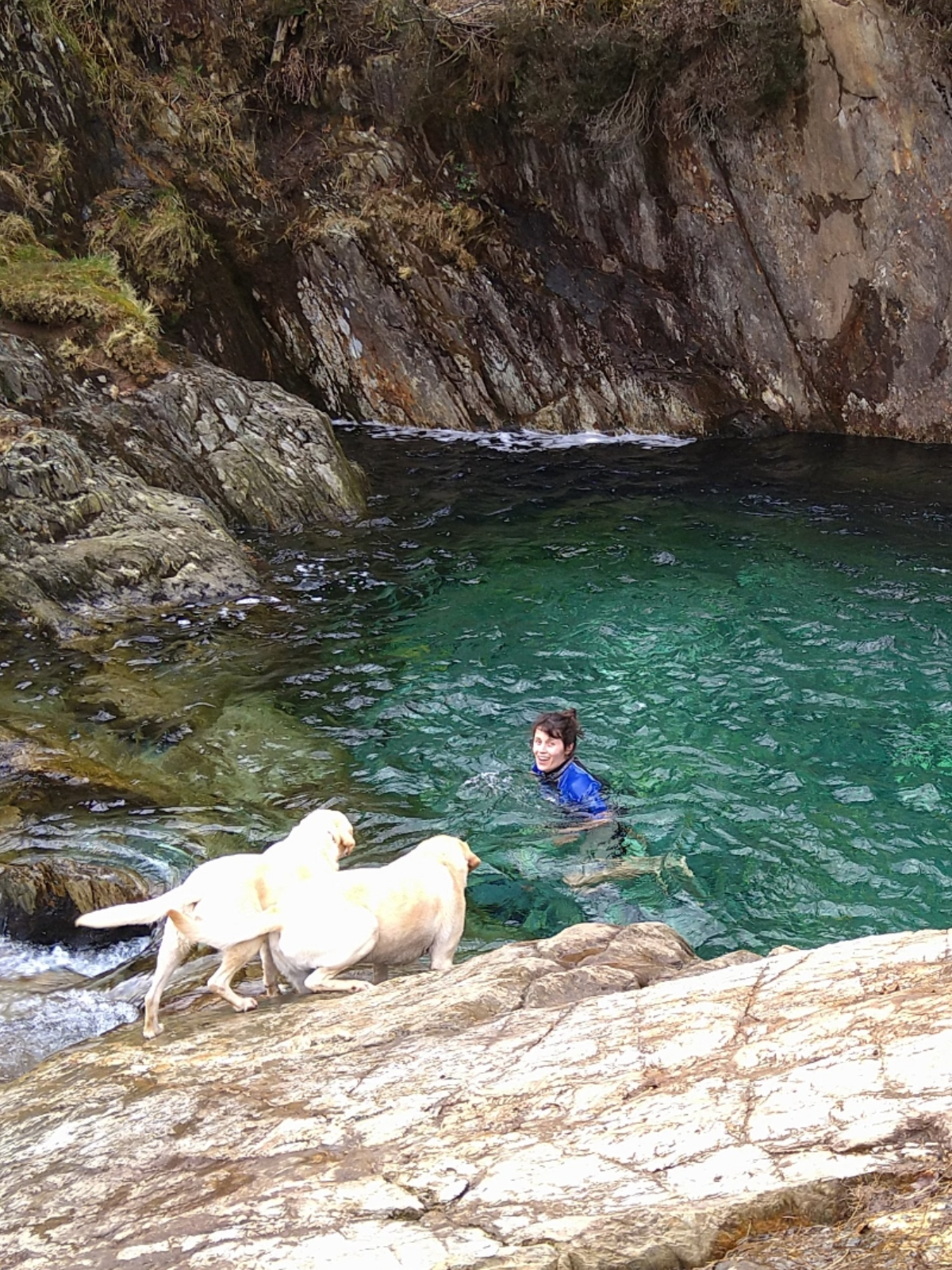
• Embrace the power of the outdoors. Accept that the positive effects of being active outdoors are broad, deep and long-lasting. Think of them on par with drinking plenty of water or eating a healthy diet.
• Incorporate the outdoors into your everyday routine. Take your exercise outdoors. Work outside for part of the day; walk, cycle or run to work; pause your gym membership and try park run or outdoor fitness classes instead.
• Regularly stretch yourself beyond the norm. Try and go a bit further and longer in unfamiliar places. For example, if you’re used to a short walk or cycle in your local park or woods, plan a longer one in a new location.
• Occasionally try something new. Explore what activities are on your doorstep that you’ve not tried, and sign up for a taster session or join a friend who has some experience. Go with your eyes wide open to learning something new.
• Commit to change. List your aspirations and get them in the diary. Then, get your family or friends to join you and spread the word – it’s much harder to pull out of something if you’ve made a social commitment.
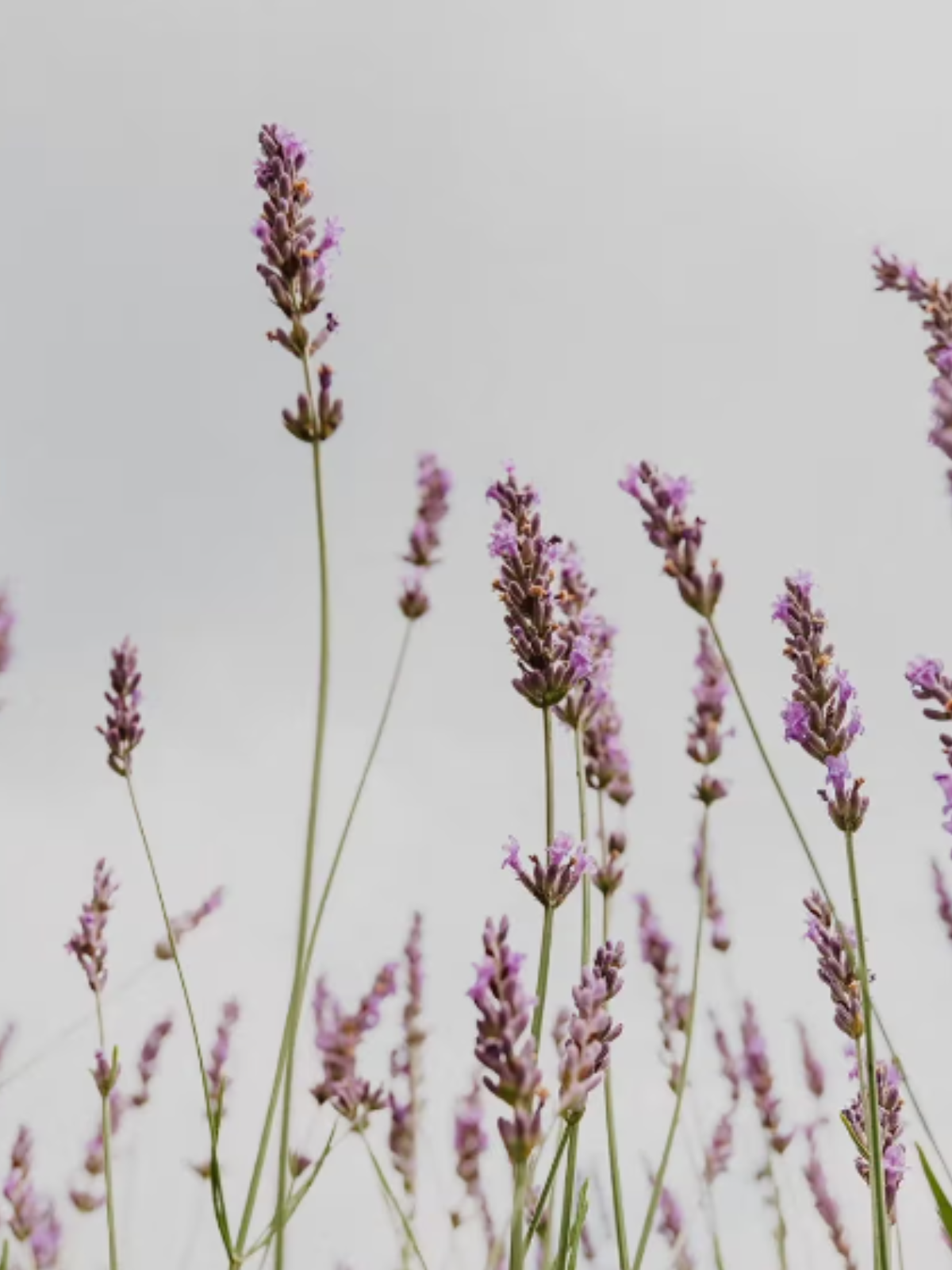
Spring is here and it’s time to get out; out of hibernation mentality, out of the house and into nature. We passionately believe in the positive effect of the outdoors for our wellbeing and the importance of protecting your skin from harmful UVA and UVB rays when venturing outdoors. Our in transit skin defence SPF50+ is enriched with Bio Boost (our unique, defensive and protective Superblend of restoring antioxidant plant oils, containing youth-boosting and hydrating Hyaluronic Acid and calming Vitamin E). This effective formula protects skin whilst helping to reduce symptoms of sensitivity, such as redness, to even out your skin tone.
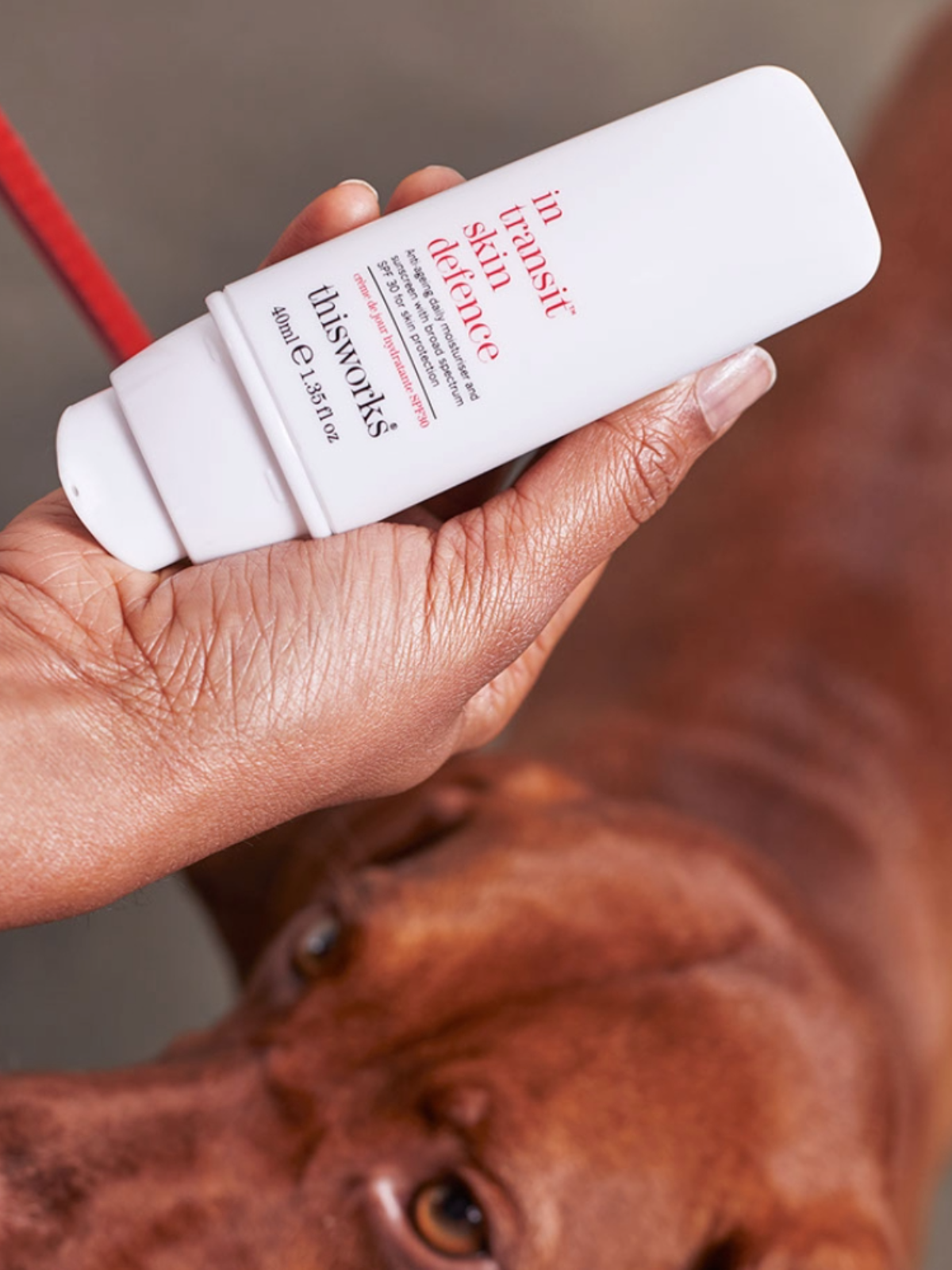
Find your own accessible route to real wellness with habits that are completely free, easy to implement and backed by neuroscience.

1. Belinda, K, 2021, Adventure Revolution: The Life-changing Power of Choosing Challenge, Little Brown Book Group2. Outward Bound, accessed: 13.4.233. Allan, J. F., & McKenna, J. (2022). Trajectories of Resilience in University Inductees following Outdoor Adventure (OA) Residential Programmes. Psychiatry International, 3(1).4. Neill, J. T., & Dias, K. L. (2001). Adventure education and resilience: The double-edged sword. Journal of Adventure Education & Outdoor Learning, 1(2).5. Hattie, J., Marsh, H. W., Neill, J. T., & Richards, G. E. (1997). Adventure education and outward bound: Out-of-class experiences that make a lasting difference. Review of Educational Research, 67(1).6. Twohig-Bennett, C., & Jones, A. (2018). The health benefits of the great outdoors: A systematic review and meta-analysis of greenspace exposure and health outcomes. Environmental Research, 166.7. Weinstein, N., Przybylski, A. K., & Ryan, R. M. (2009). Can nature make us more caring? Effects of immersion in nature on intrinsic aspirations and generosity. Personality and Social Psychology Bulletin, 35(10).
